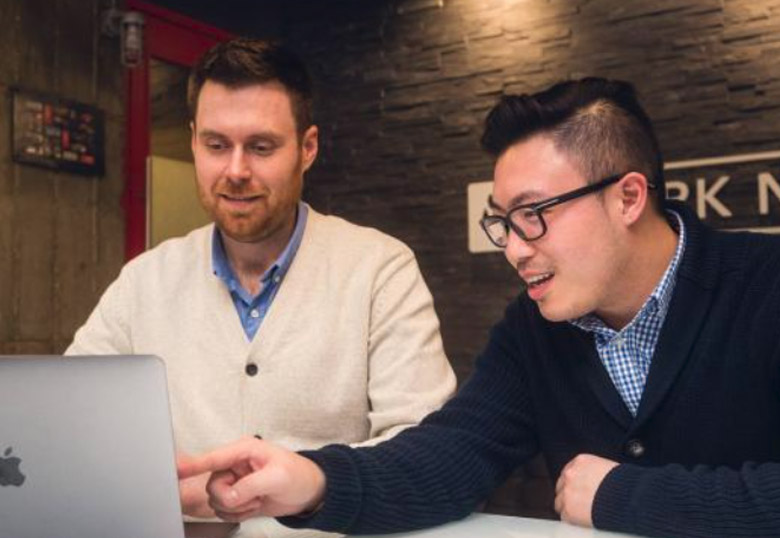The University of Lethbridge’s commitment to supporting students as they explore career pathways through experiential and work-integrated learning opportunities is at the heart of the new Experiential and Career Education Plan — Kakó Stamistotsit.
The plan, which will be launched Wednesday, April 9, 11 a.m., in the Markin Hall Atrium, is the result of a year-long comprehensive planning process for career education and experiential learning, with a specialized focus on work-integrated learning (WIL).

“One of the key activities in this process was to get a sense of our WIL programs and career education initiatives and how they were perceived and utilized by students, faculty and the broader external community,” says Mark Slomp, executive director, Student Services. “We found some real positives, such as a 95 per cent employment rate within one year for our graduates, with 41 per cent of them having participated in a work placement during their time as ULethbridge students.”
Slomp says there were also areas they needed to improve, including reaching the significant proportion of students (69 per cent) who when surveyed responded they were unaware of Career Bridge services, as well as finding ways to better facilitate faculty involvement and better communicate opportunities to community partners.
“Our faculty have demonstrated a strong interest in integrating WIL opportunities into their courses and we need to find ways to lower barriers to achieve that. As well, our community partners are enthusiastic supporters of applied learning opportunities and it’s important we are able to provide clearer pathways for those collaborations,” says Stacey Gaudette-Sharp, assistant dean, Career Bridge.
The plan is rooted in the Blackfoot direction of Kakó Stamistotsit, which means “Go ahead — Experience it” and reflects the moment when an individual seeks guidance from a trusted loved one, Elder or advisor before embarking on something new. The acronym Kakó reflects the strategic pillars of Knowledge, Actionable Inclusion, Advancing Indigenization, Key Partnerships, and Optimized Outcomes, creating a culturally resonant framework that aligns with institutional values and priorities.
“The Experiential & Career Education Plan is deeply aligned with the University’s Strategic Plan, which was just recently launched,” says Michelle Helstein, provost and vice-president (academic). “This ensures that career development and experiential learning continue to play a central role in shaping student success, institutional priorities and community impact.”
